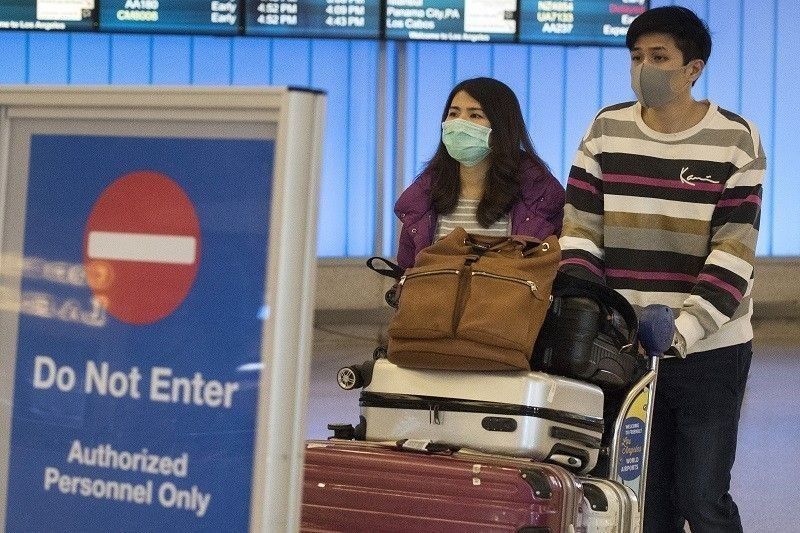WHO: nCov outbreak not yet global health emergency

MANILA, Philippines — Despite the growing number of people infected with the novel coronavirus, the World Health Organization (WHO) has yet to declare 2019-nCoV as a public health emergency of international concern (PHEIC).
The WHO, in a statement issued yesterday, said the members of its Emergency Committee expressed conflicting views on whether or not the outbreak of the viral disease constitutes a PHEIC during meetings convened by WHO Director General Tedros Adhanom Ghebreyesus on Jan. 22 and 23.
The WHO said “several members considered that it is still too early to declare a PHEIC, given its restrictive and binary nature.”
“The Emergency Committee was divided over whether or not the outbreak of 2019-nCoV represents a PHEIC,” Ghebreyesus said. “This is an emergency in China, but it has not yet become a global health emergency.”
As of yesterday, 584 cases of 2019-nCoV have been reported to the WHO, including 17 deaths.
Of the number, 575 nCoV cases and all deaths were recorded in China. The rest of the cases came from Japan, Republic of Korea, Singapore, Thailand, United States and Vietnam.
Ghebreyesus said suspected cases being reported by the media in other countries are still being investigated.
“The infection can cause severe disease and can be fatal, although for most people, it causes milder symptoms,” he said.
“We know that most of those who have died had underlying health conditions such as hypertension, diabetes or cardiovascular disease that weakened their immune system,” he added.
According to Ghebreyesus there is human to human transmission in China.
“But for now, it appears limited to family groups and health workers caring for infected patients,” he said.
There is no evidence of human to human transmission outside China, Ghebreyesus said.
“But that doesn’t mean it won’t happen. There is still a lot we don’t know. We don’t know the source of this virus, we don’t understand how easily it spreads, and we don’t fully understand its clinical features or severity,” he explained.
The WHO did not discount the possibility of seeing more cases in other parts of China and other countries.
- Latest
- Trending


























